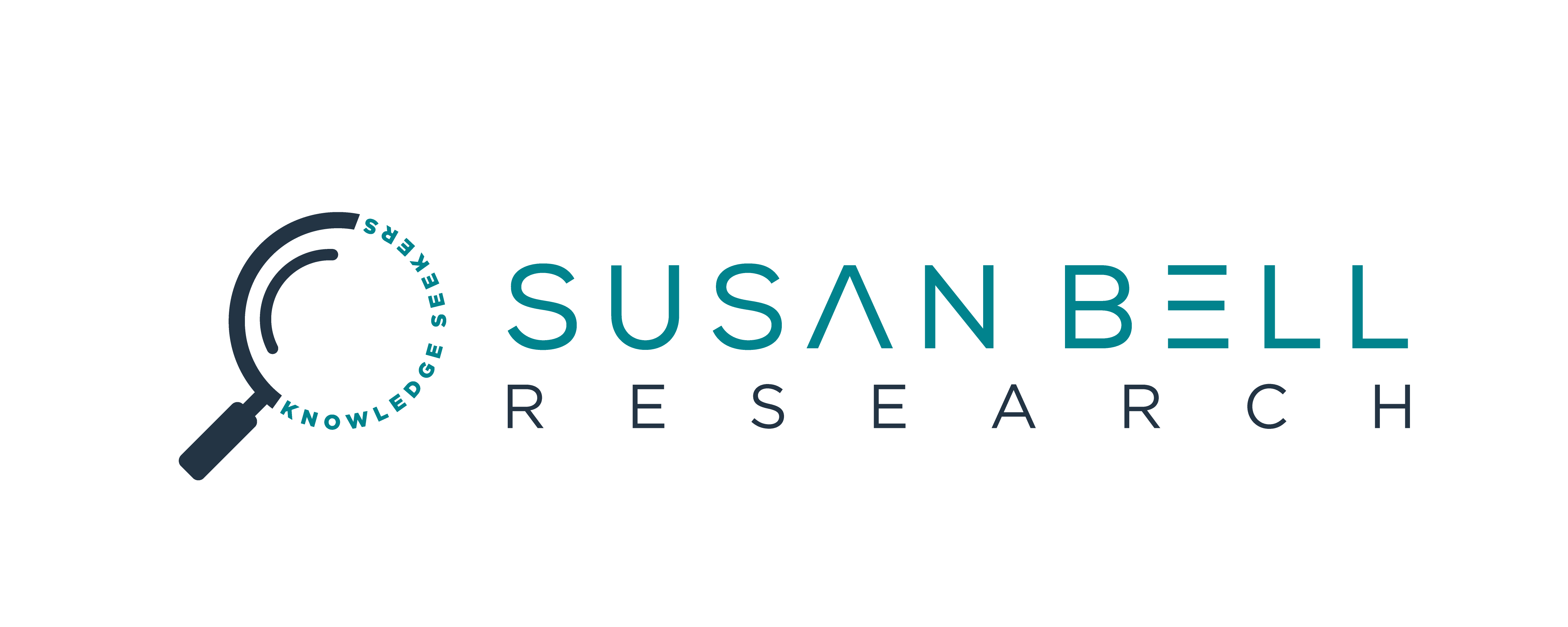Don’t test written content in focus groups
Do you want to know if your written content is working well?
Then test it in one-on-one interviews, not in a group environment.
I love focus groups, especially the in-person kind, but it upsets me when I hear about people testing written content in a group environment whether that is an online focus group, an in-person focus group or an online forum.
The idea to test content in groups came about because TV commercials were always tested in groups. This is a practice that goes back to the 1970’s, and to be frank belongs there!
Here are my top four reasons why you should test written communications such as brochures, websites and correspondence individually, not in groups.
1. When you want to empower your customers to be self-sufficient
Many marketers want to empower their customers to be self-sufficient. An example of this is encouraging customers to log on to digital channels to solve a problem rather than calling a call centre.
By ’empower’, I mean give customers the tools and resources to help them make better decisions. Empowerment means giving individuals skills, knowledge and access.
This is very different from the research objective for testing commercials. Commercials are designed to persuade, not empower. Though to be honest I wouldn’t test ads in groups either!
2. Group members influence each other
It is obvious that group members influence each other. For some projects such as new product development that is a good thing – collaboration drives creativity.
When testing material that will be seen by individuals the group effect is a bad thing. I have heard people say things like this in groups: ‘That was easy. Anyone could understand that’. Imagine you are in the same group and you didn’t understand it. Would you say so? Many people would stay silent under those circumstances.
The same thing happens when one person criticises a design or layout. Fellow group members need to be very strong minded to disagree publicly.
3. Each of us can choose whether to read, skim or skip
Everyone who sees a TV ad or hears a radio ad has to process the information in the same way in a short period of time. Moderators in any form of ‘live’ group can present the ad to the group, knowing everyone will see and hear it at the same time. The moderator therefore knows when to start asking questions about it.
In contrast, there are many ways to read and use the information in websites, fact sheets, posters, letters, and brochures.
People can skim them, or read them quickly or carefully, and they can re-read them. That can mean that the moderator may start the discussion when some people are only halfway through reading while others have started to re-read. So what is being tested under those circumstances?
4.Content-testing researchers need to know how language works
In some organisations, responsibility for written communications does not lie with communications professionals or creative agencies, it is the province of in-house staff members – such as lawyers – who may lack relevant training in how to write for a general public audience.
There is no point in the researcher debriefing the client with a message to ‘use plain English’ or ‘write it more clearly’ when the person who wrote it thinks that it is already clear and plain.
The researcher needs to give explicit instructions on which words to use, how to layout the page, and when to use diagrams and tables and when not to, for example. This kind of insight comes from observing individuals use the material.
If you care about being thought credible and intelligent, do not use complex language where simpler language will do.”
― DANIEL KAHNEMAN, THINKING, FAST AND SLOW.
We can help you
We are experienced researchers and insights professionals, who know how to test content and who know how to write. Susan Bell trained in Linguistics, Jane Gregory has a degree in literature and Suzanne Burdon is also a published author.

We would love to hear from you, and are always happy to talk through research methods and options with you, if you are not sure what you need. Why not get in touch for a free, obligation-free, and confidential conversation.
Find out more about Susan Bell Research.






